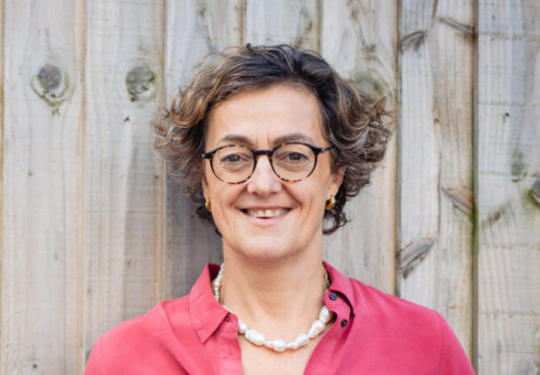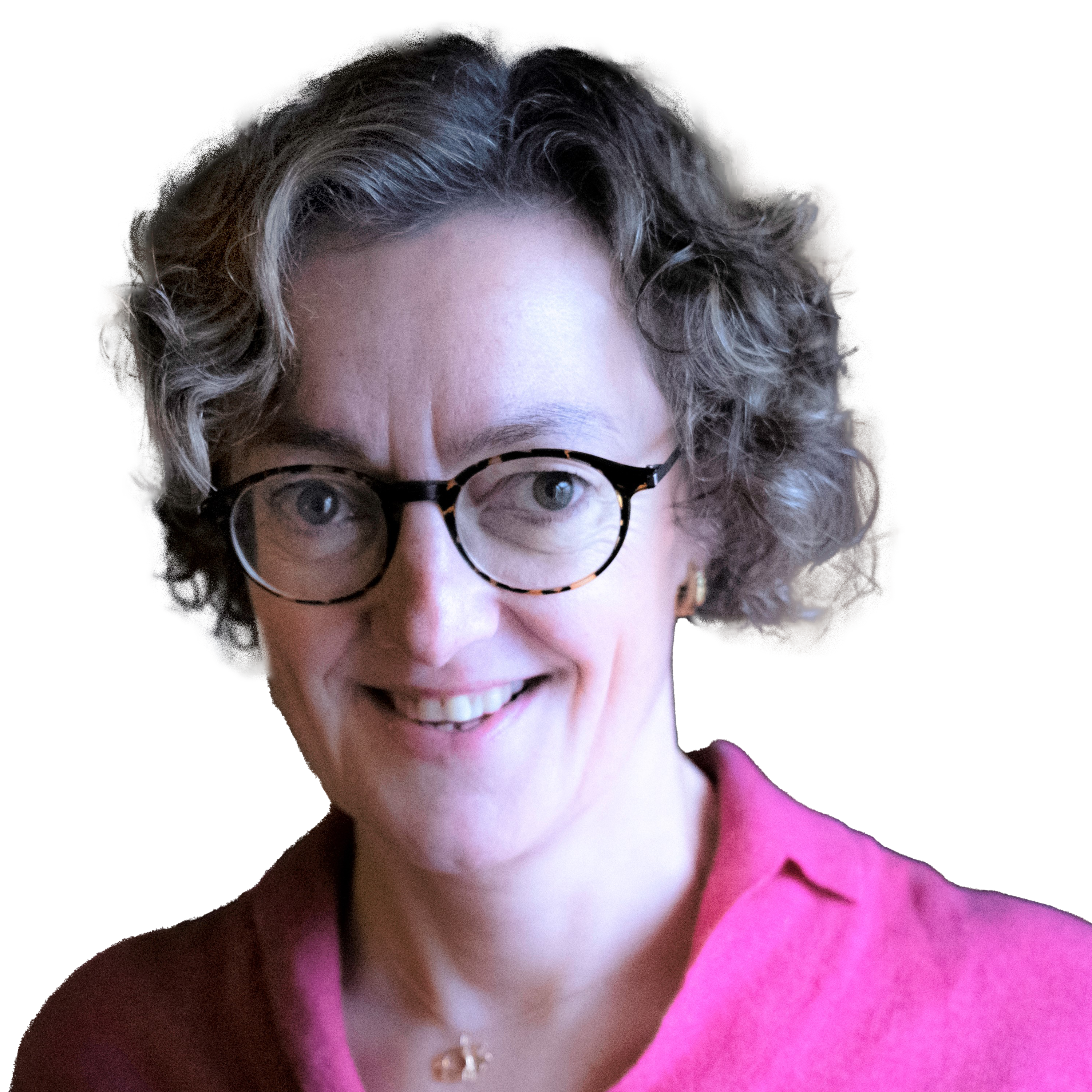In this month’s blog, Dr Hilary Williams, RCP vice president for Wales discusses innovation, early diagnosis and the importance of calling out bad behaviour.
Recently, the BMJ asked, ‘Does the NHS have a productivity problem?’
In Wales, the reality is that as a physician I would struggle to find the data to really understand my own activity, what I’m achieving, and what my outcomes are every day. I tend to think we are still trained and evaluated as if we have a one-to-one relationship with our patients, when nowadays, as doctors, we are the senior decision-maker in a multidisciplinary team of health and care professionals.
Of course, we see patients individually, but more and more, we find ourselves juggling patient care with supporting and advising other members of the MDT. And that’s as it should be: my training and experience as a doctor means I have the expertise to make complex decisions, balance the risks and benefits of a course of action, and understand complex governance frameworks – but I am not sure my job plan (or indeed, any other assessment of what I do in my working week) remotely reflects this.
Innovation is at the heart of what we do
Improving and innovating are very close to my heart, so I particularly enjoyed reading the recommendations of the Times Health Commission report. You can read the RCP’s take on the final report. For me, the key message was that there are some fantastic models of care in the UK, but we struggle to spread best practice more widely. Or, if we do, it’s often down to very determined individual clinical leaders. I’m proud to say that our RCP Trainees Committee representative, Dr Alexandra Burgess, is one of those innovative leaders and has been awarded the Rising Star Award for Clinical Quality by the British Geriatrics Society. She’s helped to develop a new pre-hospital frailty rapid response service and an electronic frailty flagging system in the emergency department and is now developing a specific same day emergency care score for older adults living with frailty in Swansea.
The importance of early diagnosis
Earlier this month, we learned that King Charles has been diagnosed with cancer. Everyone at the RCP wishes him all the best in his treatment pathway and we are thinking of the King and his family. I am impressed by how open he has been about his illness; it is so important to raise awareness about early detection of cancer. As an oncologist, I was invited to speak to the BBC about the importance of screening programmes. We know that uptake is low in some Welsh communities and many people still think of cancer – particularly lung cancer – as a terrifying and untreatable condition. Yet clinicians in Wales are leading excellent work – for example, working with the Welsh Cancer Network and Tenovus Cancer Care, Dr Sinan Eccles has piloted targeted lung cancer health checks with a mobile scanner in the North Rhondda area.
It’s so important that we invest in the roll out of targeted screening in areas of deprivation and those with a high cancer incidence. We desperately need to tackle cancer/health inequalities. We know from studies in England that people engage with screening when it’s in a convenient space – say, a mobile scanner in a supermarket car park.
After all, we can't just rely on using hospital CT scanners. Discussing diagnostic hubs, a Public Health Wales rapid review paper notes ‘while siting a diagnostic centre within a hospital is likely to provide greater availability to established and functioning diagnostic equipment and services, it may not be accessible to everyone and could worsen existing health inequalities.’
Speaking up safely on sexism
I’m proud to say that work continues on our misogyny in medicine workstream. I joined a BMA event on ending sexism in medicine earlier this month and a group of senior women doctors in Wales are about to publish a new position paper calling for a national independent reporting mechanism for sexual misconduct in NHS Wales. Try to remember the three Cs: is the behaviour criminal, creepy or careless? If criminal or creepy, it needs to be reported. But if it’s careless, call it out! Prevention is better than cure, and sometimes a quick cup of coffee and a chat is what’s needed. We all have a role to play: the GMC’s updated Good medical practice guidance says that any doctor should and those in leadership roles must act when witnessing sexual harassment.
I was sad to see that the South Wales fire service has been taken over by the Welsh government after it was found to have a culture of sexual harassment and misogyny. But I’m pleased to see swift action taken, and as our former vice president for Wales Professor Olwen Williams recently told me, ‘this does not mean that Wales is somewhere to avoid as a female doctor – rather, we have the courage to speak up and make change happen.’
Stay safe.
Dr Hilary Williams
RCP vice president for Wales
Consultant medical oncologist






